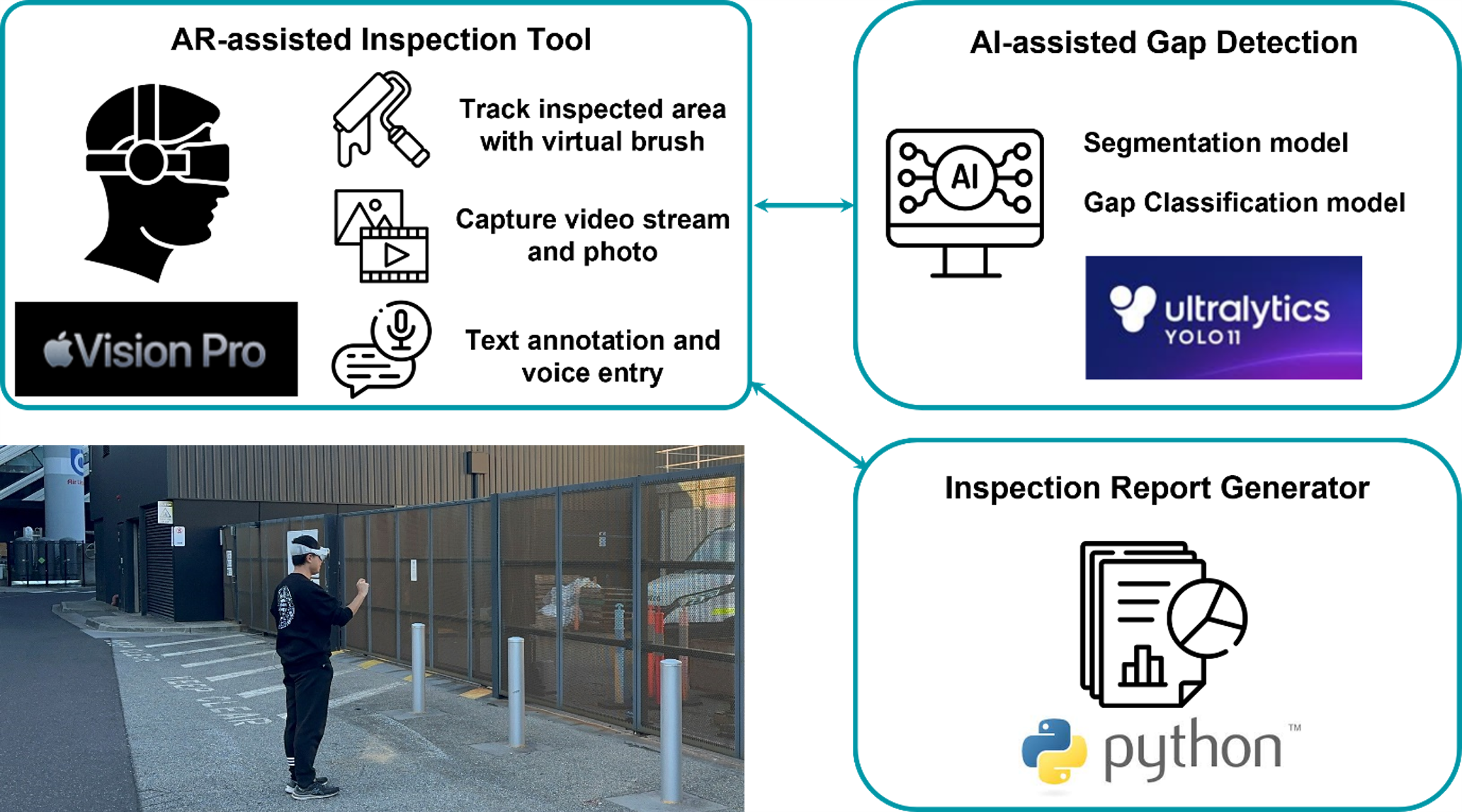What is a mixture model?
You may have learned about mixture models in a machine learning or statistics course. A mixture model with K component densities is defined by
- a set of K nonnegative mixture weights summing to one, and
- a corresponding set of K nonnegative component densities, each of which integrates to one.
The sum of the product of the mixture weights and component densities is guaranteed to be nonnegative and integrates to one, meaning it is a valid probability density.
